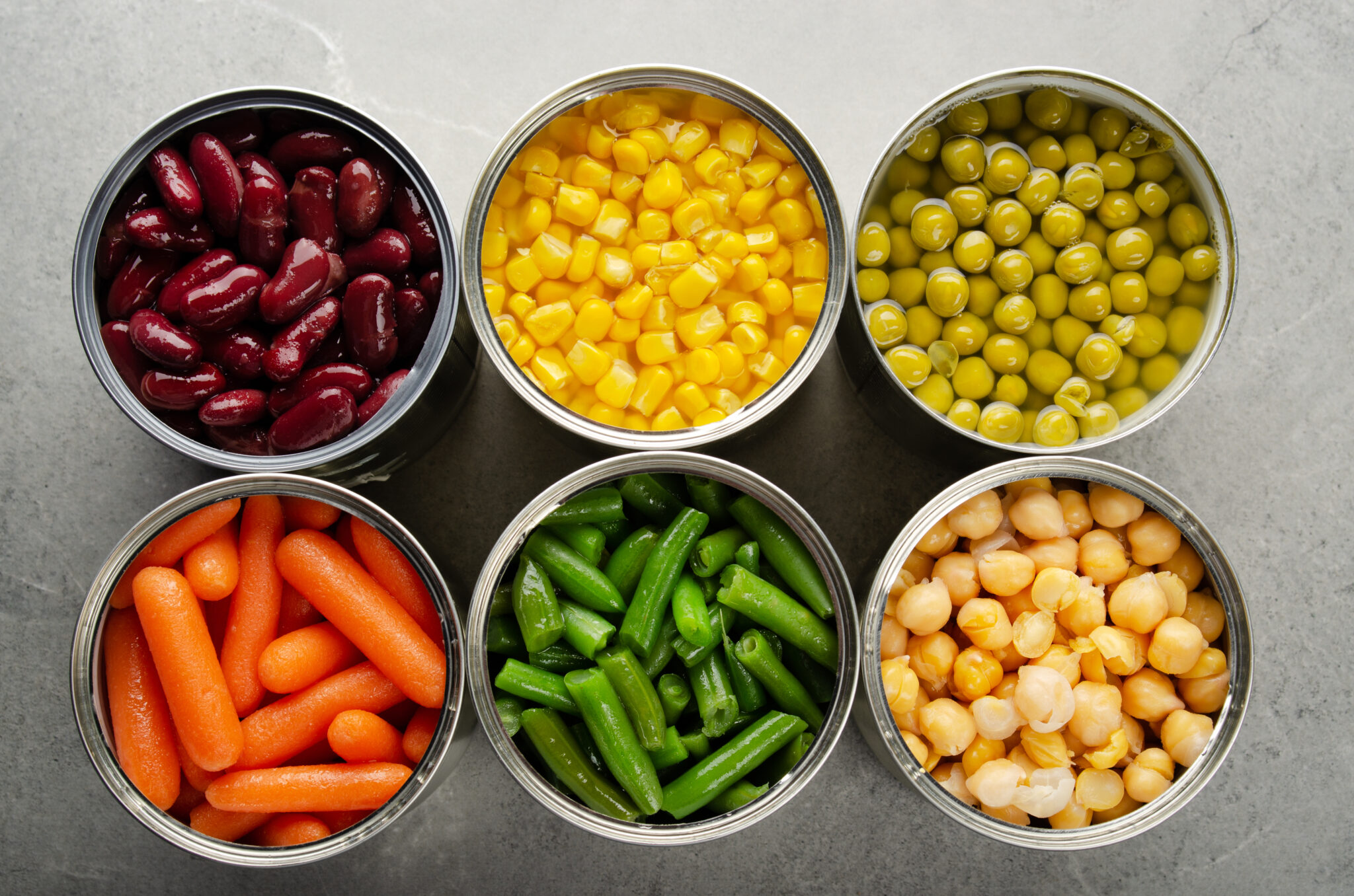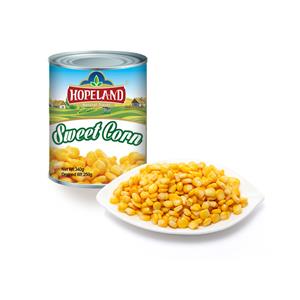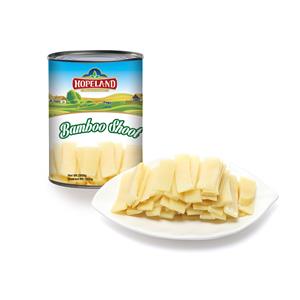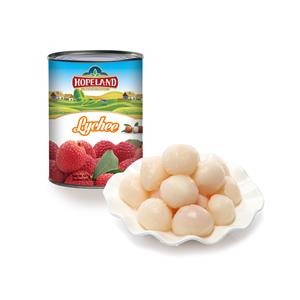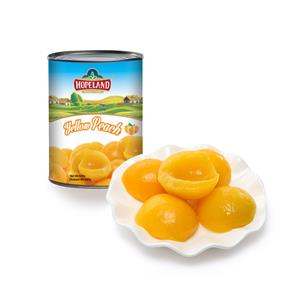The Convenience and Nutrition of Canned Foods
In today's fast-paced world, canned foods have become a staple in many households. They offer a convenient, long-lasting, and often nutritious option for busy individuals and families. While fresh produce and homemade meals are ideal, canned foods provide a practical alternative that shouldn't be overlooked. Let’s dive into the benefits, misconceptions, and tips for making the most of canned foods.
The Benefits of Canned Foods
1.Long Shelf Life: One of the most significant advantages of canned foods is their longevity. Canned goods can last for years without spoiling, making them perfect for stocking up and ensuring you always have something to eat, even in emergencies.
2. Convenience: Canned foods are pre-cooked and ready to eat or require minimal preparation. This makes them a lifesaver on busy days when you don’t have time to cook from scratch.
3. Nutrient Retention: Contrary to popular belief, canned foods can be just as nutritious as fresh ones. The canning process involves sealing food at its peak freshness, which helps preserve essential vitamins and minerals. For example, canned tomatoes often have higher levels of lycopene, an antioxidant, compared to fresh ones.
4. Affordability: Canned foods are generally more budget-friendly than fresh or frozen options. They are widely available and often go on sale, making them an economical choice for families.
5. Reduced Food Waste: Because canned foods have such a long shelf life, they help reduce food waste. You can use them as needed without worrying about spoilage.
Debunking Common Misconceptions
1. "Canned foods are unhealthy": While some canned foods may contain added sodium or preservatives, many options are low-sodium or packed in water. Reading labels carefully can help you make healthier choices.
2. "Canned foods lack nutrients": As mentioned earlier, the canning process preserves nutrients. In fact, some canned foods, like beans and fish, are excellent sources of protein, fiber, and omega-3 fatty acids.
3. "Canned foods are only for emergencies": While they are great for emergencies, canned foods can also be incorporated into everyday meals. For example, canned beans can be used in salads, soups, or tacos, and canned fruits can be added to yogurt or oatmeal.
Tips for Choosing and Using Canned Foods
1. Read the Labels: Look for cans with no added salt, sugar, or preservatives. Opt for products packed in water or their own juices rather than syrup or heavy brine.
2. Rinse When Necessary: For canned vegetables or beans, rinsing them under water can reduce sodium content by up to 40%.
3. Get Creative in the Kitchen: Canned foods can be used in a variety of recipes. Try adding canned tuna to pasta, using canned pumpkin in baked goods, or mixing canned corn into a stir-fry.
4. Store Properly: Once opened, transfer any unused portion to a sealed container and refrigerate. Most canned foods should be consumed within a few days after opening.
5. Experiment with International Options: Explore canned foods from different cuisines, such as canned coconut milk for Thai curries or canned artichokes for Mediterranean dishes.
Conclusion
Canned foods are a versatile, affordable, and nutritious option that can simplify meal preparation and reduce food waste. By choosing wisely and incorporating them creatively into your diet, you can enjoy the convenience they offer without compromising on health. So, the next time you’re at the grocery store, don’t hesitate to grab a few cans—they might just become your new kitchen staple!

